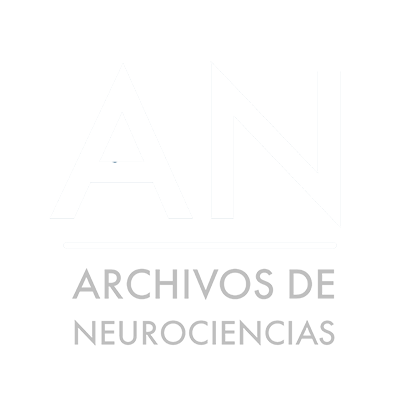Fellowship training: a collateral damage of Covid-19 pandemic
DOI:
https://doi.org/10.31157/an.v27i1.314Keywords:
Movement disorders training, Fellowship, Pandemic, COVID-19Abstract
Introduction. The COVID-19 pandemic has affected the delivery of healthcare to people with chronic diseases such as movement disorders. Movement disorders specialists were compelled to adapt to this unprecedented situation. The objective of this study is to assess the impact in terms of reduction in the number of in-office consultations of a high-specialty fellowship program as a result of the pandemic, and the overall satisfaction with the fellowship. Methods. The out-patient records of the Movement Disorders clinics from March 1st, 2020 to February 28th, 2021 were collected. Data from this period was compared with the previous eight years. A satisfaction survey along with a visual analog scale was applied to both the patients and the specialty fellows. Results. During the study period a total of 1,742 consultations were given which represent a 60% drop in comparison to the previous year. Moreover, 38% of those consultations were carried out by telemedicine. Both fellows’ self-reported satisfaction and patient satisfaction with teleconsultation was high (90% and 96%, respectively. Conclusions. Despite the decrease of in-office visits, the fellows reported an acceptable satisfaction regarding the learning objectives of the program and patient satisfaction was not compromised.
Downloads
Additional Files
Published
How to Cite
Issue
Section
License
Copyright (c) 2022 Mayela Rodríguez-Violante, Amin Cervantes-Arriaga, Arturo Abundes-Corona

This work is licensed under a Creative Commons Attribution-NonCommercial 4.0 International License.
September 2022-present © Instituto Nacional de Neurología y Neurocirugía Manuel Velasco Suárez. Open access articles under the terms of the Creative Commons Attribution-NonCommercial 4.0 International (CC BY-NC 4.0) license, which permits use, distribution and reproduction in any medium, provided the original work is properly cited. No commercial re-use is allowed.
January-September 2022 © The authors. Open access articles under the terms of the Creative Commons Attribution-NonCommercial 4.0 International (CC BY-NC 4.0) license, which permits use, distribution and reproduction in any medium, provided the original work is properly cited. No commercial re-use is allowed.
January 2014-December 2021 © Instituto Nacional de Neurología y Neurocirugía Manuel Velasco Suárez. Open access articles under the terms of the Creative Commons Attribution 4.0 International (CC BY 4.0) license, which permits use, distribution and reproduction in any medium, provided the original work is properly cited.




